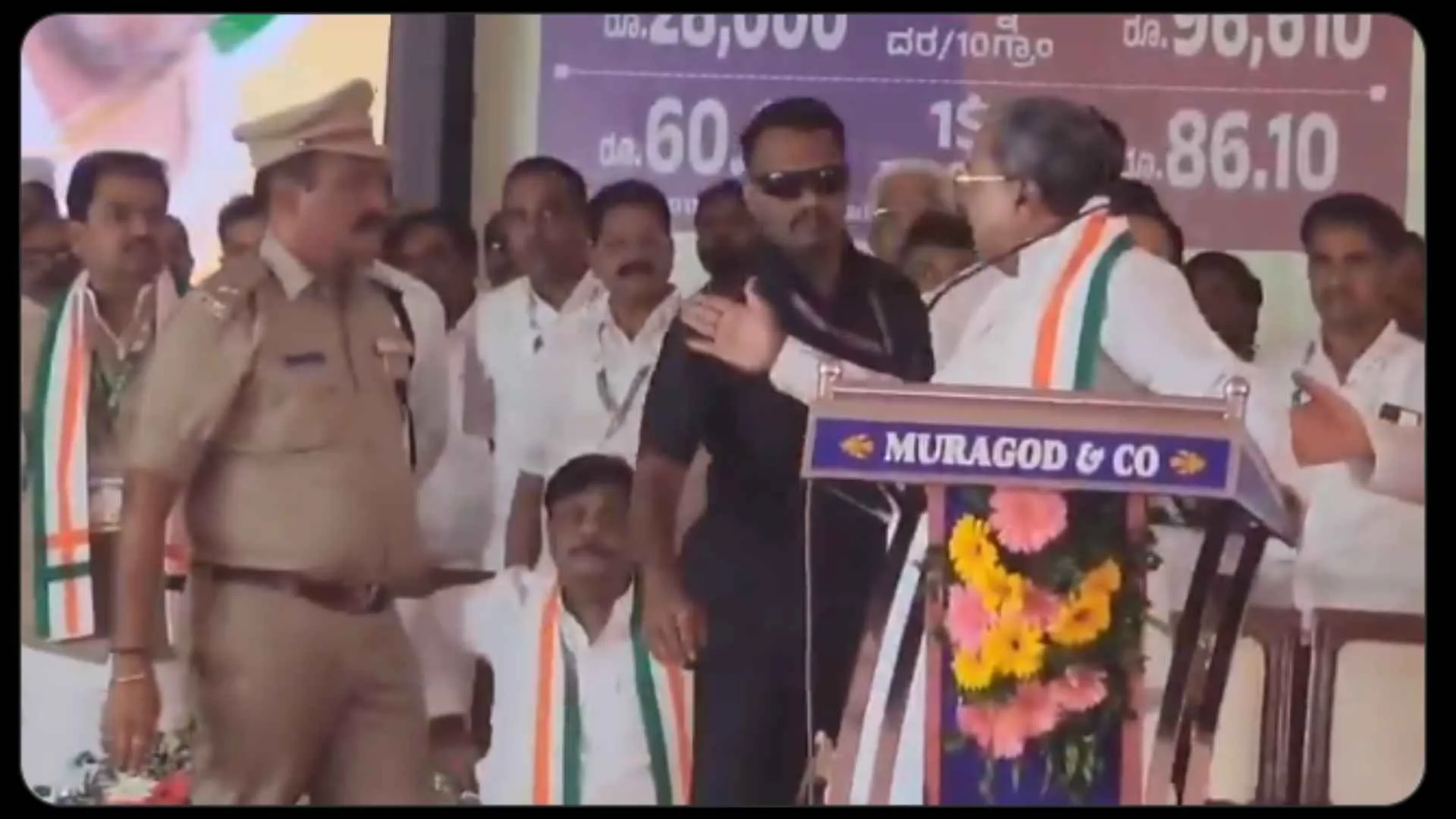A fast-unto-death by junior doctors in West Bengal has entered its 13th day, fueled by the tragic rape and murder of a post-graduate trainee from R.G. Kar Medical College and Hospital. As the situation intensifies, eight hunger-strikers—seven in Kolkata and one in Siliguri—remain steadfast in their demands, posing a significant challenge for the state government, which they accuse of failing to address their key concerns.
Since the strike began on October 5, six junior doctors have been hospitalized due to severe health deteriorations. Among those affected are Tanaya Panja and Anustup Mukhopadhyay from Calcutta Medical College and Hospital, Aniket Mahatao from R.G. Kar Medical College, Pulastya Acharya from N.R.S. Medical, Aloke Verma from North Bengal Medical College, and Souvik Banerjee from North Bengal Dental College and Hospital. Currently, eight medics are engaged in the indefinite fast at the protest site in Esplanade, Kolkata.
The hunger strikers have maintained total transparency in their protests, allowing public access to CCTV footage and providing hourly updates on their medical conditions through a display chart at the protest site. The strikers are subsisting solely on water, and alarming health indicators have emerged: ketone bodies have been detected in the urine of five out of seven protestors, raising concerns about potential ketoacidosis—a life-threatening condition.
The protesting doctors are demanding justice for their deceased colleague and the immediate removal of State Health Secretary N.S. Nigam. They also seek the establishment of a centralized referral system for all hospitals and medical colleges in West Bengal, the implementation of a bed vacancy monitoring system, and the formation of task forces to ensure essential provisions such as CCTV, on-call rooms, and washrooms at their workplaces.
Additionally, the junior doctors are advocating for increased police protection in hospitals, the recruitment of permanent female police personnel, and the prompt filling of vacant positions for doctors, nurses, and other healthcare workers.
This agitation follows a ‘cease-work’ strike that lasted 42 days, which ended on September 21 after assurances from the state government to address their demands. As the hunger strike continues, the junior doctors remain resolute in their quest for justice and improved working conditions within West Bengal’s healthcare system, facing a critical health crisis while advocating for change.
ALSO READ: AAP Decides To Focus On Delhi Elections, Unlikely To Contest Jharkhand And Maharashtra






















